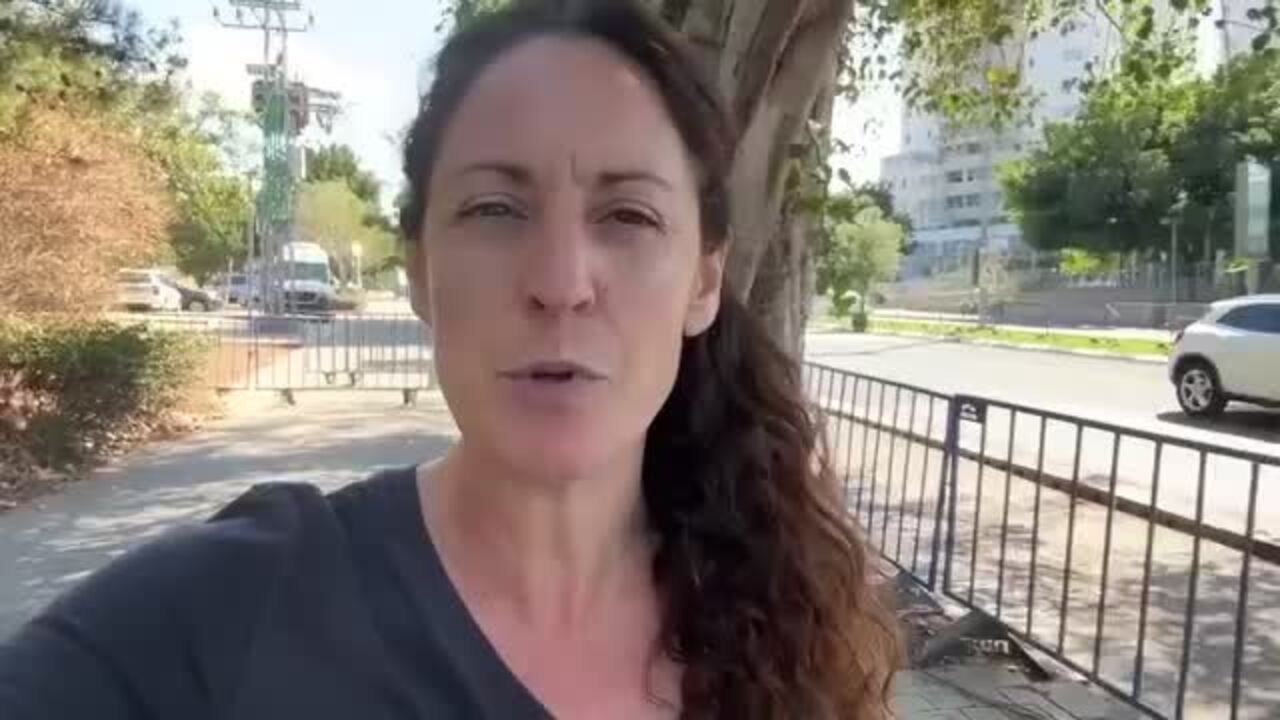Military support non-profits may soon have an easier time bringing their services on base thanks to a new pair of policy directives signed by Defense Secretary Chuck Hagel in December.
The policy memos instruct base commanders to standardize the way non-profits who want access to military personnel and their families on base are treated.
"These directives underscore my belief that events and support provided by [Veteran Support Organizations], [Military Support Organizations] and military-support nonprofits can be critically important to the welfare of our service members and families," Hagel wrote in a letter obtained by Military.com that was sent with the memos to some military and veteran support organizations.
"The Department must maintain positive relationships with those organizations to facilitate their delivery of services to our personnel who need them."
The memos direct base commanders to be "welcoming and supportive" to organizations, such as the American Legion, recognized as official support groups by the Department of Veterans Affairs.
Under the policy, base commanders are to give nationally recognized organizations available space, use consistent procedures in determining whether or not to allow organizations to operate on base, and use official communication to tell troops about the organizations' services.
Currently organizations are permitted on some bases but not others, and the system for deciding who gets space and who doesn't is inconsistent at best, experts said. Those problems had caused frustration and unnecessary barriers between the free support they offer and the troops and families who need it.
The policy shift came after a series of meetings between Hagel and representatives of national military support organizations, said Joyce Raezer, the executive director of the National Military Family Association (NMFA).
"We said 'OK Mr. Secretary, here are the barriers we encounter in providing help to our service members and their families," she said. The change is "important because its saying to commanders 'you can't do this alone, we need to engage our community organizations, and so here's how you as a commander can do that smartly.'"
Still, the trick will be moving this change from just policy to application at the base level, she said.
"The devil is in the details, because all the pronouncements from on high really don't matter if the folks on the ground don't know how to implement them," she said.
A recent report by the Military Family Advisory Network (MFAN) found that 15 percent of respondents said the military support programming they like best comes from off-base non-profits. That report recommended that officials work to reduce the barriers those non-profits encounter when attempting to bring their services on base.
Now MFAN officials are hoping this policy shift can eventually be applied beyond nationally recognized non-profits to those local to specific military communities.
"Take a look at those non-profits that are right outside the gates, that military families we know are going to anyway," said Shannon Razsadin, MFAN's executive director. "Make it easier for them to go on base and promote their services and what they do. ... If there are non-profits that military families are already turning to, why not make it easier for them?"
-- Amy Bushatz can be reached at amy.bushatz@military.com





























